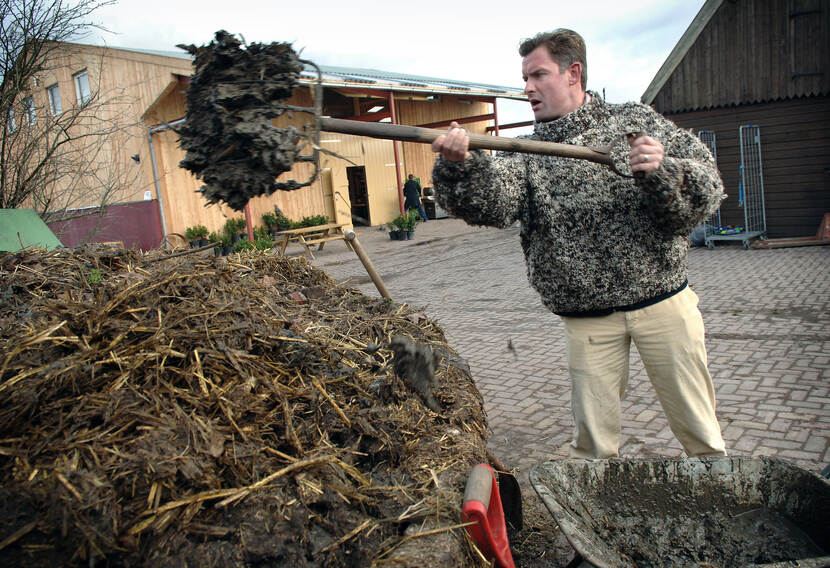Rules to prevent manure pollution are the cause of the problem rather than the solution
Changes in laws and regulations have not helped reduce manure pollution. On the contrary, the accumulation of rules seems to be the cause of the problem rather than the solution. The Netherlands Court of Audit drew this conclusion from an audit of sustainable livestock faming in the Netherlands. The audit was a follow-up to audits on the sustainability of intensive livestock farming carried out in 2008 and 2013.

The Court of Audit found that the scenario underpinning government policy to abolish the milk quota in 2015 had been too optimistic. The government and the House of Representatives had decided that growth was permitted provided dairy farmers spread out the manure on their own land or took it to a manure processing facility. They took it for granted that the farmers would comply with European standards on ammonia, nitrogen and phosphate, which are present in animal manure. Too much of them in the environment is harmful to nature.
Constant rule changes
The Court of Audit took a close look at the policy introduced for the sustainable growth of dairy farming. It led not only to the introduction of more and more rules that were constantly changed and extended to limit ammonia, nitrogen and phosphate emissions from livestock farms. They did not increase the grip on manure pollution.
The Court of Audit’s Board member Francine Giskes explains, “The Minister of Agriculture. Nature and Food quality and the Minister of Infrastructure and Water Management currently have only limited control of manure pollution from livestock farms. This can also be seen in the laws and regulations to prevent manure pollution. This weakens enforcement, compliance with the emission standards and the protection of nature.” According to the Court of Audit, it would have been better if the decision to allow dairy farmers to grow had not been taken until the consequences were understood. The audit report therefore states, “With the approval of parliament, a deliberate risk was taken with this policy that had consequences for cattle farmers and biodiversity.”
Set clear standards
The Court of Audit recommends that the Minister of Agriculture, Nature and Food Quality, the Minister of Infrastructure and Water Management and parliament “break the mould” of amending existing rules and introducing new ones. “Set clear standards and enforce them. Simplify the rules. Reduce the regulatory burden.” In her response, the Minister of Agriculture acknowledges that the rules are complicated. She said she was currently reconsidering the manure policy, partly in the light of a recent judgment by the Council of State on the Nitrogen Action Programme. The Court of Audit noted in its afterword that the policy should allow for setbacks in practice. This would create a margin of safety and reduce the risk of non-compliance.